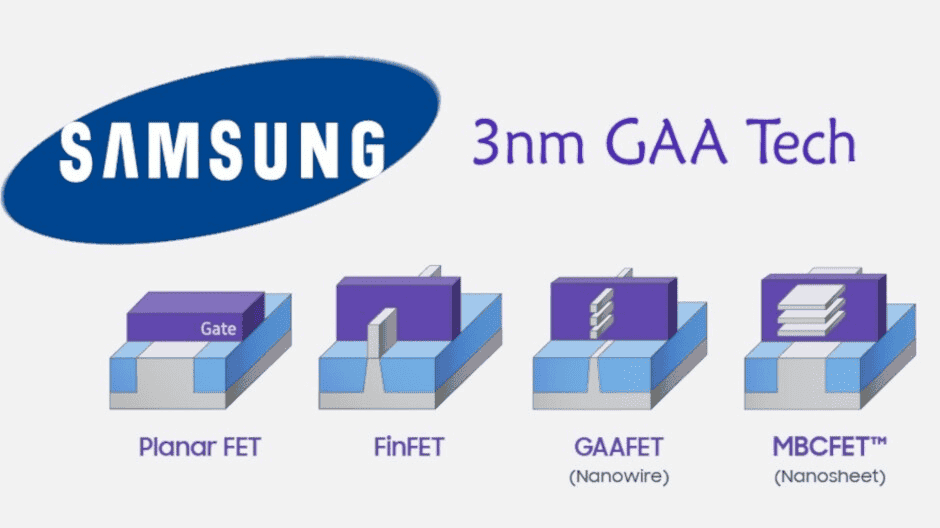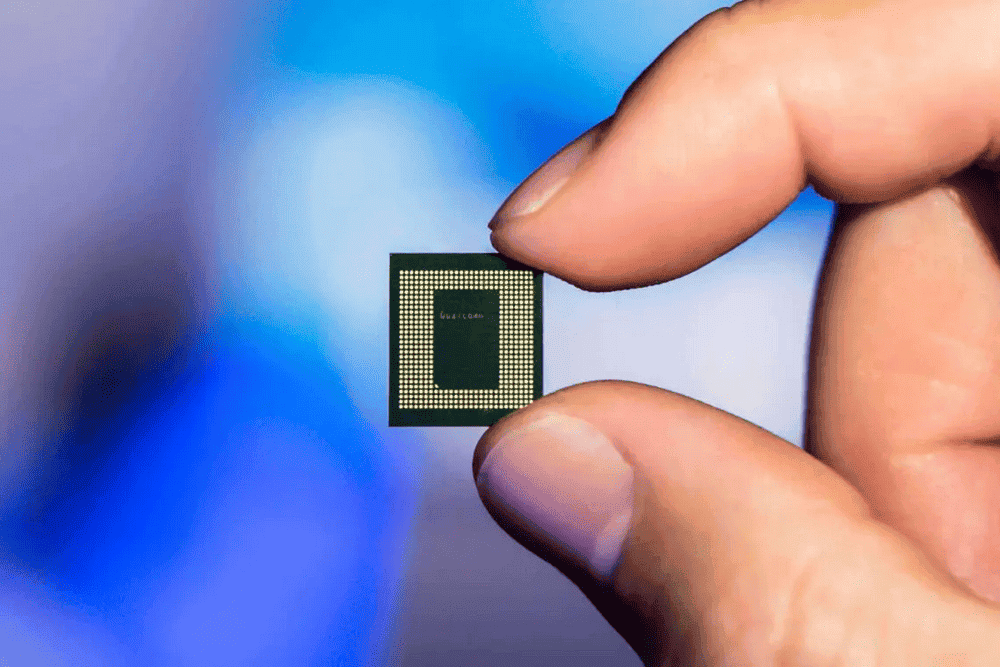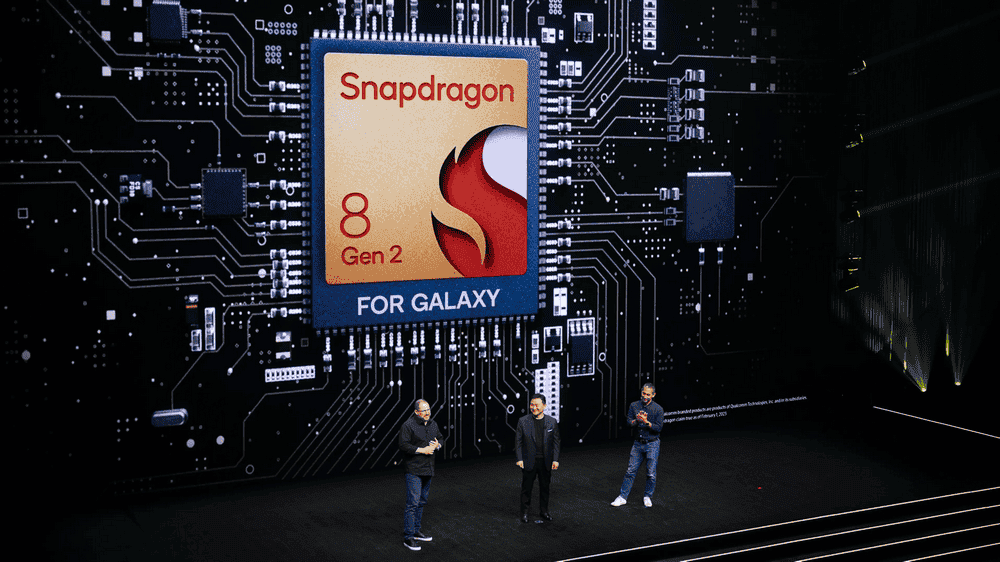TSMC may be the dominant force in the foundry business today, but Samsung is looking to overtake the Taiwanese firm. The company has lost big partners like Qualcomm in the past, but the future is open as the world moves to the new 3nm process. According to a new report, the Korean company is ready to introduce its new 3nm standard, as well as a new approach to 4nm foundry production. Details about the technology will follow are revealed at VLSI Symposium 2023 in June. The firm will demonstrate the benefits of its SF3 and SF4X processes.
Samsung promises a 22% speed increase on the new 3nm process compared to 4nm (SF4) LPP technology
According to reports, the SF3 process will use Samsung's 3nm GAP technology and will be based on a GAA transistor, or Gate All Around transistor. The manufacturer calls them MBCFET or multi-bridge field effect transistors. This should bring further improvements to SF3. However, Samsung does not compare the gain compared to the first generation of 3nm. We may not see a huge increase over the first generation. But still, any improvement is an improvement.
The new SF4X is the fourth generation of Samsung's 4nm technology. It offers a 10% increase in performance and a 23% increase in energy efficiency compared to SF4. We will remind that SF4 was Samsung's 4nd generation 2nm process. The SF4X is in development to compete with TSMC's N4P node. Despite the wait, it looks like Qualcomm and MediaTek will stick with the 4nm process for another year. N4P technology is expected on Snapdragon 8 Gen 3 and Dimensity 9300.

Going back to the 3nm process, SF3 will be 22% faster than SF4. It will also operate at the same peak power and be 34% more efficient when operating at the same frequency and number of transistors. Also, the logical area will decrease by 21%. There is currently no information on a possible list of customers interested in this technology. However, there are rumors that Qualcomm may source chips from both TSMC and Samsung. In fact, Samsung can be a valuable partner for some companies. After all, TSMC is reportedly busy developing Apple's A17 and M3 series chips.

AMD is reportedly working with Samsung on 4nm chips. We expect more information to emerge as the June event approaches. There are rumors about Samsung's return to the chipset market for flagship smartphones. We don't yet know if it will be released next year as the Exynos 2400. But whenever it does, there's a good chance it will use the company's 3nm process.
Of course, we cannot forget about Google, which should remain a strong partner of Samsung in the Tensor series.
Samsung to develop Qualcomm Snapdragon 8 Gen 4 for Galaxy
According to insider reports from Revegnus, Qualcomm may be looking to dual-source future Snapdragon chips from both TSMC and Samsung. The production of wafers by the Korean company is going quite well, and this "touched" the heart of Qualcomm. According to the report, Qualcomm and the Korean company are working together to create a variation of the high-end Snapdragon 8 chips. The plan could be implemented as early as 2024. If that's the case, then we could be seeing a regular Snapdragon 8 Gen 4 built on TSMC's N3E process, the company's second-generation 3nm process.

Meanwhile, a variant for the Galaxy S25 series may come from Samsung called Snapdragon 8 Gen 4 For the Galaxy. Qualcomm's dual-source strategy has been rumored for quite some time, and it seems to make sense for the company.
One might ask why most 3nm plans are aimed at 2025 and not 2024. It is clear that most companies in this segment will stick to 4nm norms for another year. Apple has reserved about 90% of TSMC's production capacity for its 3nm chips. Apple's A17 Bionic chipset is set to become the company's only 3nm chipset in 2023, and given the current state of things, it could also be the only 3nm smartphone chip by 2025.




